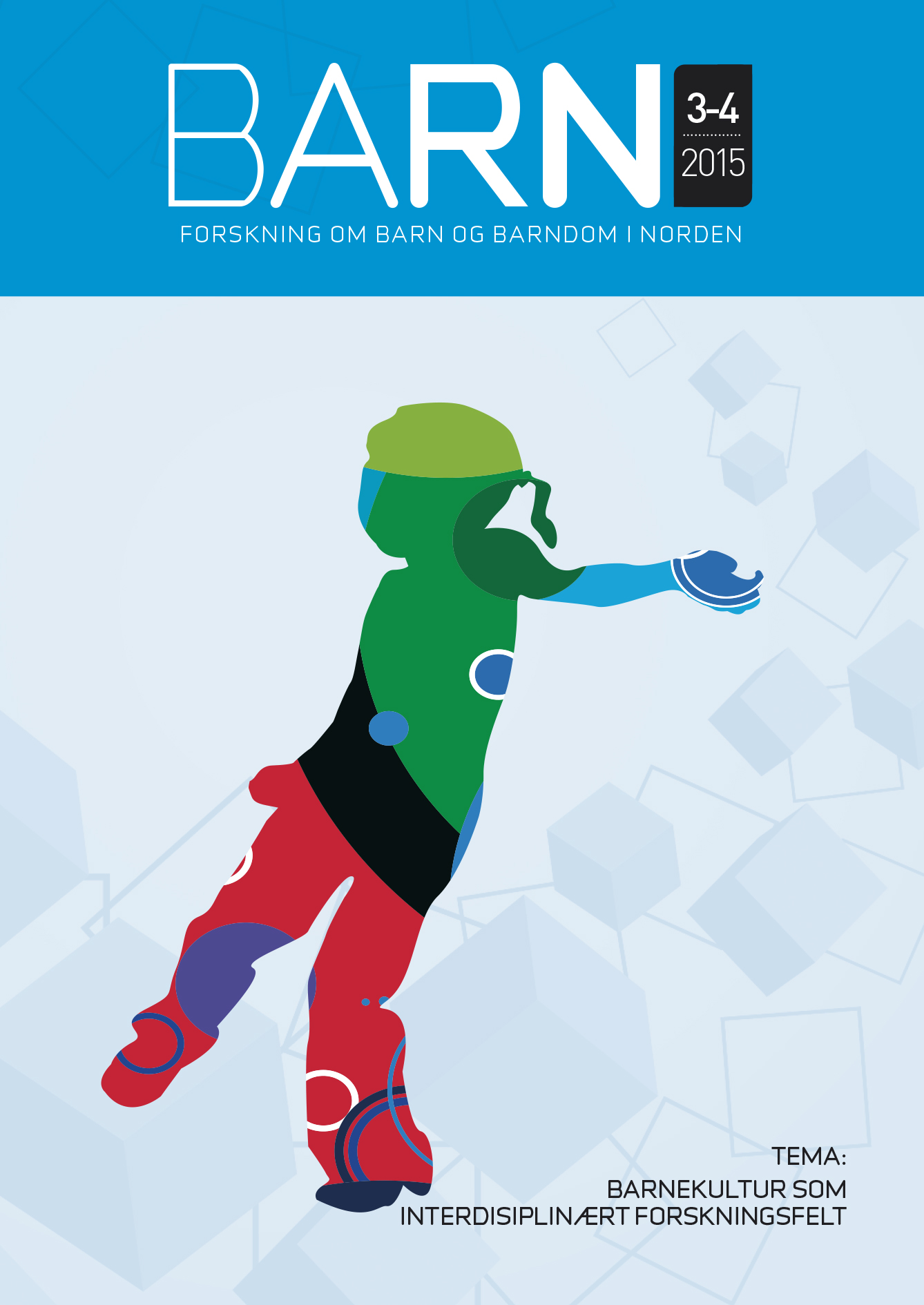Forestillinger om børn og unge
Sammendrag
Ordene ”børn” og ”unge” kombineres så ofte, at de næsten har karakter af idiomatisk udtryk. Men hvilke forskelle i brugen af ordene kan der identificeres? I denne artikel undersøges italesættelser af børn og unge: Hvordan italesættes børn, og hvordan italesættes unge, og hvilke forskelle kan identificeres, når børn og unge italesættes? Teoretisk tager undersøgelsen afsæt i en Foucault-inspireret diskursanalyse, mens den metodisk er tilrettelagt som en multiple case-undersøgelse. I artiklen gives der eksempler på, hvordan børn typisk omtales i positive overskuds-vendinger som uskyldige, fantasifulde, livsglade, spontane, kreative og kompetente (surplus-diskurs), mens unge typisk omtales i negative underskuds-vendinger som uansvarlige, rodløse, voldelige, utilpassede, hedonistiske og utilregnelige (deficit-diskurs). Inden artiklen afsluttes med at konkludere, at den slags diskurser langt fra er så uskyldige, som de umiddelbart tager sig ud, diskuteres nogle af de begrænsninger, som disse konklusioner skal ses i lyset af.
English abstract
The words ”children” and ”young people” are so often combined that they almost have the character of idiomatic expressions. But which differences in the use of the words can be found? This article seeks to study the prevalent, dominant discourses about children and young people. In particular, it endeavours to answer the following question: What is thematised, and how are the thematisations created and maintained? The study is theoretically inspired by Foucault’s discourse analysis. The methodological approach is that of a multiple case study. Thus, it provides examples of how children are typically referred to in positive terms such as innocent, imaginative, cheerful, spontaneous, creative and competent (a surplus discourse), while young people are typically referred to in negative terms such as irresponsible, rootless, violent, dysfunctional, hedonistic and unaccountable (a deficit discourse).


